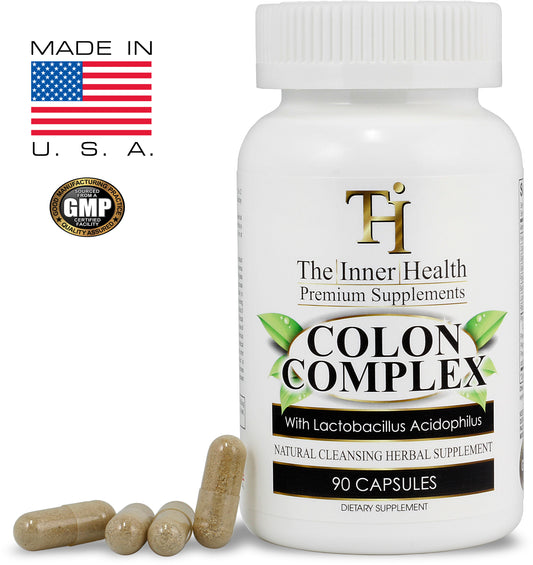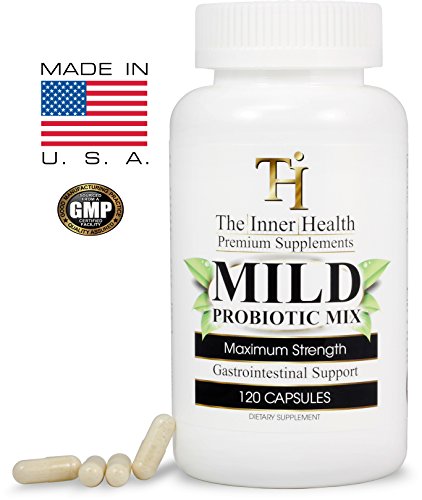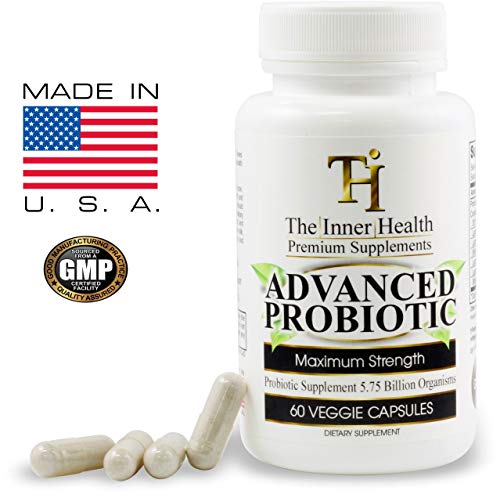Let's talk about something that might surprise you - the role of Vitamin B5 in hair health. While gray hair is often associated with aging, sometimes younger individuals notice these changes too. Let's explore why this happens and what it indicates about your health.
What Causes Premature Graying? Graying of hair is a natural process that occurs with age, with the first gray hairs sometimes appearing in the second decade of life. This can be due to genetics, stress, or smoking. More serious causes of premature graying include hormonal disorders and diseases like pernicious anemia and Werner's disease. Another reason for early graying could be a deficiency in B vitamins, particularly Vitamin B5 or pantothenic acid.
The Role of Vitamin B5 in the Body Vitamin B5, part of the B-vitamin group, plays a crucial role in various bodily functions and processes. Its deficiency can have noticeable effects.
This vitamin is essential for fatty acid synthesis, neurotransmitter and hormone production, and immune system functioning. Pantothenic acid is also important for healthy skin, hair, and nails. It retains moisture in the skin, hydrates, and protects it. Vitamin B5 is crucial for melanin production, the pigment that affects hair color. Reduced melanin production leads to loss of hair color and the appearance of gray hair. Moreover, pantothenic acid stimulates hair growth, regulates sebum secretion, and soothes skin irritations.
Signs of Vitamin B5 Deficiency Apart from hair color loss, other symptoms of Vitamin B5 deficiency include hair loss, weakened nails, skin changes, chronic fatigue, sleep disturbances, irritability, vision deterioration, muscle aches, headaches, stomach pains, nausea, digestive disturbances, and neurological issues.
Though rare, Vitamin B5 deficiency risk is higher in alcoholics, the undernourished, those with eating disorders or certain gastrointestinal diseases, and women on long-term hormonal contraception. A simple blood test can diagnose this deficiency.
Sources of Vitamin B5 A healthy, balanced diet typically provides sufficient B vitamins, including B5. Ensure your diet includes pork, poultry, beef, offal (like liver and kidneys), salmon, lobster, shellfish, egg yolk, milk, and yogurt. Also, whole grains (like in whole-grain bread), legumes (peas, lentils, soy), and vegetables like avocados, sweet potatoes, broccoli, cauliflower, kale, corn, and tomatoes are good sources.
To preserve Vitamin B5 in foods, remember it's sensitive to external factors like sunlight, processing, and prolonged high-temperature cooking.
Hope this sheds some light on the importance of Vitamin B5 for not just your hair, but overall health! 🥦🍳🥑





